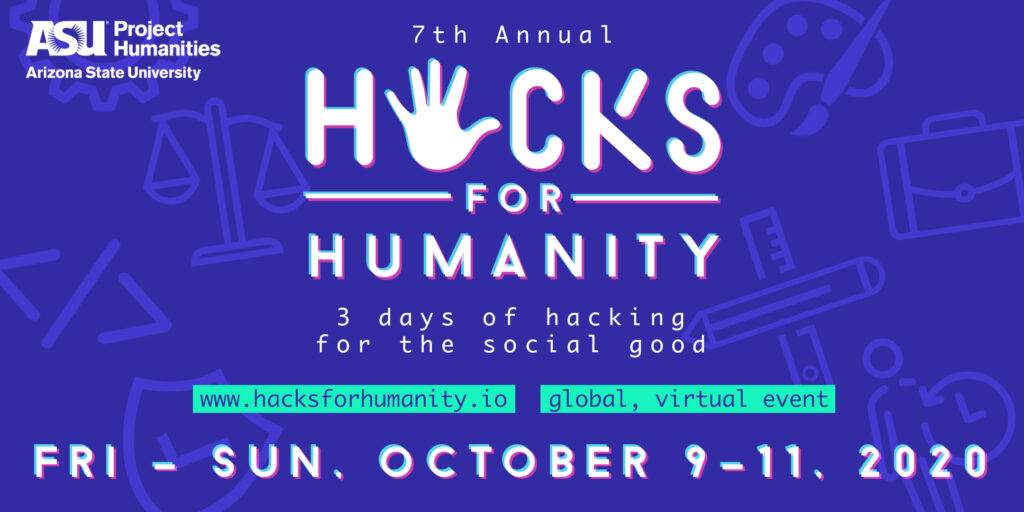 Living in Northern California, I’ve enjoyed a fair number of wine tastings at vineyards in Sonoma and Napa. For many years I preferred white wines to red. The white wines were crisper, sweeter, easier on the palate. The reds were more subtle, more complicated, altogether more work. I’d drink the reds with a sense of duty, the whites with an air of expectation.
Living in Northern California, I’ve enjoyed a fair number of wine tastings at vineyards in Sonoma and Napa. For many years I preferred white wines to red. The white wines were crisper, sweeter, easier on the palate. The reds were more subtle, more complicated, altogether more work. I’d drink the reds with a sense of duty, the whites with an air of expectation.
Over time this changed. These days white wines seem childish, too easy. Bring on those sophisticated red grapes! I can handle them now. Life is complex and multi-layered, meant to be understood and appreciated gradually. Our alcohol should be similarly complex.
And our writing too. I often cringe when I read essays or blog posts that I wrote years ago. Those posts–such as when I excoriated the GOP in 2005 for exploiting the decline of Terry Schiavo–were fun to write. The blood boils, the pulse races. But after the adrenaline rush subsided, I’d ruefully realize that my latest missive had added more heat than light. Back then it was acceptable for my writing to be polemical more than polished. Sometimes this was even the point.
My writing began to mature in 2009, when my first marriage ended after eight years. During this year my blog became a public sanctuary, a safe place to sort through the welter of emotions that accompanied this life-changing event. Eventually Superstition Review was kind enough to publish an essay I wrote about that painful year, entitled “Divorce and Gratitude.”
During this year my writing deepened. It went from white wine to red. I consciously examined the divorce from every angle, coming to terms with it however I could. No pulse racing writing came along that year; instead there was a series of lengthy, slow-to-develop essays.
It often seemed that friends were angry or wanted me to be angry, but I resisted this beckoning toward bitterness. These days I wonder if I exaggerated this “beckoning” in my own mind, as a way to give my writing something I could respond to. If so, it worked.
Life moves on, sometimes in the most wonderful ways. Four years later I am very happily remarried, whereas four years ago I was convinced I would die alone. I’m still proud of that year’s writing, but from this remove I can’t help but notice its solipsistic nature. My writing that “divorce year” was reportorial, insular, brooding. This interiority was a necessary transition away from the fiery blog posts of yore, but I’m glad those days are over.
These days my prose is outward looking, and the reports about my personal life I do draft are light. The beautiful thing about writing–this privilege of stringing words into meaning, and hopefully moving our readers–is that it is capacious enough to cover all stages of our lives. Now my words are more measured, more polished, but just as passionate and hopefully (a bit) more wise. Growing older has its rewards, on the page and in life.

 Today we are pleased to feature author Timothy Reilly as our Authors Talk series contributor. In this podcast, Timothy discusses the inspiration behind his short story, “The Task at Hand,” calling it a “nod to the old Grail romances.”
Today we are pleased to feature author Timothy Reilly as our Authors Talk series contributor. In this podcast, Timothy discusses the inspiration behind his short story, “The Task at Hand,” calling it a “nod to the old Grail romances.”